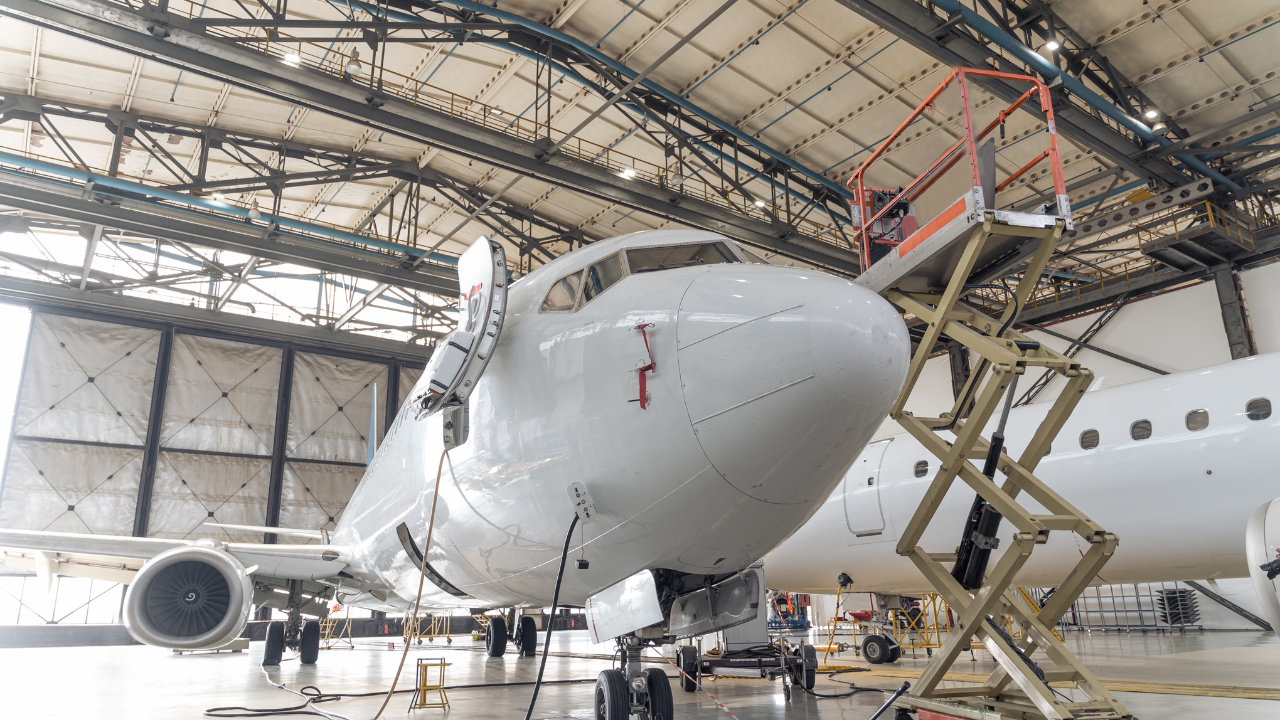
Flying high demands meticulous attention to detail, especially when it comes to sourcing aircraft parts. Whether you’re managing a bustling commercial airline or are a passionate private pilot, ensuring the reliability and safety of every component is non-negotiable. But fear not! Navigating the maze of suppliers doesn’t have to feel like deciphering a cryptic code. Let’s embark on a journey together to demystify the process and find the perfect partner for your aviation needs.
Understanding Your Flight Path
Before we strap in and take off on this supplier search, let’s first plot our course. Take a moment to reflect on your unique needs and specifications. What type of aircraft are you operating? How frequently do you require parts replacements? Are there any specific regulatory standards you must adhere to? By establishing a clear flight plan, you’ll set yourself up for success in the supplier selection process.
Charting the Supplier Landscape
With our coordinates set, it’s time to scan the horizon for potential suppliers. Cast your net wide, leveraging online resources, industry directories, and word-of-mouth recommendations. Look for suppliers with a proven pedigree in reliability and safety. Dive deep into their background, checking certifications, testimonials, and industry affiliations. Remember, we’re not just looking for a supplier; we’re seeking a trusted partner for our aviation journey.
What to Look For:
- Experience: Seek suppliers like Pilot John International with a wealth of experience navigating the skies of the aviation industry.
- Certifications: Ensure your potential partner is FAA-approved and meets other relevant certifications and standards.
- Quality Control: Peek behind the curtain to examine the supplier’s quality control processes. We want top-notch parts, not just promises.
- References: Don’t hesitate to reach out to other aviation aficionados for their insights and recommendations.
Gauging Quality at Altitude
When it comes to aircraft parts, quality reigns supreme. Before sealing the deal with a supplier, conduct a thorough quality assessment. Request product samples, scrutinize certifications, and grill the supplier on their manufacturing practices. We’re aiming for the gold standard here, so don’t settle for anything less than excellence.
Timely Turbulence: Reliability and Delivery
In the fast-paced world of aviation, delays are simply not an option. Assess the supplier’s reliability by examining their track record for on-time deliveries and order fulfillment. Peek behind the curtain to gauge inventory availability and lead times. We’re looking for a partner who can keep pace with our sky-high demands.
Clear Skies Ahead: Communication is Key
Smooth communication is the jet fuel that powers any successful partnership. Prioritize suppliers who offer clear and responsive communication channels. Whether it’s email, phone, or carrier pigeon (hey, whatever works!), ensure you can easily reach your supplier with questions, concerns, or urgent orders. After all, in the world of aviation, every second counts.
Navigating Negotiations: Setting Terms and Pricing
As we approach our final descent, it’s time to hammer out the nitty-gritty details. Negotiate terms and pricing with finesse, balancing cost considerations with quality and reliability. Remember, it’s not just about the bottom line; it’s about securing a partnership that adds value to your aviation endeavors.
Safety Check: Conducting Due Diligence
Before we taxi to the runway, it’s essential to conduct due diligence. Review contracts with a fine-tooth comb, verify certifications, and dig into the supplier’s reputation and financial stability. Seek input from your team and stakeholders to ensure a smooth landing with your chosen supplier.
Final Boarding Call: Conclusion
Choosing the right aircraft part supplier is akin to selecting a co-pilot for your aviation journey. By understanding your needs, researching potential partners, and prioritizing quality, reliability, and communication, you can navigate the supplier selection process with confidence and clarity.
Frequently Asked Questions (FAQs)
1. How do I know if a supplier is reliable?
Look for suppliers with extensive experience in the aviation industry and a proven track record of on-time deliveries and quality products. Additionally, check for certifications such as FAA approval and seek references from other aviation professionals.
2. What certifications should I look for in an aircraft part supplier?
Ensure that the supplier meets relevant certifications and standards, such as FAA approval, AS9100, or ISO 9001. These certifications demonstrate a commitment to quality and compliance with industry standards.
3. How can I assess the quality of aircraft parts?
Request product samples, inspect certifications, and inquire about the supplier’s quality control processes. Look for suppliers who prioritize quality and have rigorous testing procedures in place.
4. What should I do if I have urgent orders or concerns?
Choose suppliers who offer clear and responsive communication channels, such as email, phone, or online chat. Ensure that you can easily reach the supplier with inquiries, concerns, or urgent orders to avoid any disruptions to your operations.
5. How can I negotiate terms and pricing with a supplier?
Be prepared to discuss factors such as volume discounts, payment terms, and shipping arrangements. Prioritize value over price alone and consider factors such as product quality, reliability, and customer service when evaluating the overall value proposition offered by each supplier.
6. What steps should I take to conduct due diligence on a supplier?
Review contracts thoroughly, verify certifications, and perform background checks on the supplier’s reputation and financial stability. Seek input from relevant stakeholders within your organization to gather insights and address any concerns before making a commitment.
See more vehicle-related posts here
